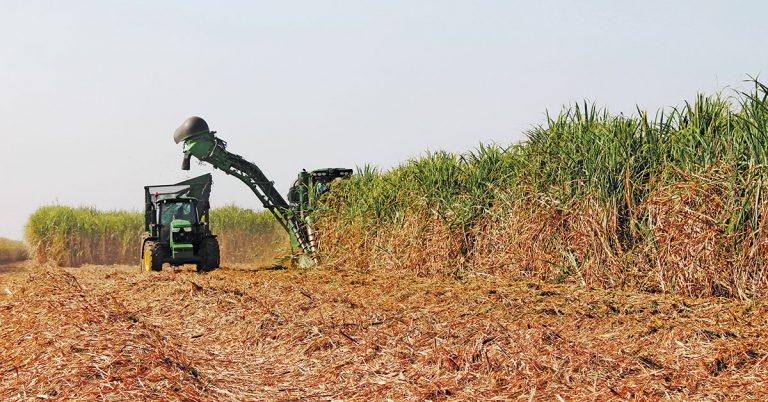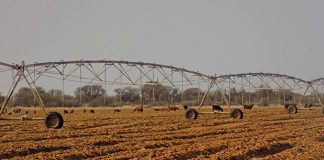
Photo: FW Archive
It’s too early to have a clear indication of the damage to agriculture in KwaZulu-Natal (KZN) as a result of the recent riots in the province, but Sandy La Marque, CEO of the KZN Agricultural Union (Kwanalu), estimates the losses to be in the billions of rand.
“We are not yet able to assess the financial, social and unemployment implications of the unrest. It has decimated the rural and agriculture sectors of KZN and it will take quite some time before the impact can be truly quantified,” La Marque said in a press release on Friday morning.
Andries Wiese, national business development manager at insurance company Hollard, said it was too early to assess the damage caused to agricultural property due to the riots.
“At the moment, our clients are still trying to keep their people safe and contain the damage. Property was mostly damaged by looting and burning. This has caused immeasurable damage to South Africa as a whole,” Wiese says.
The damage would be covered by the South African Special Risks Insurance Association (SASRIA), Wiese says. SASRIA, a state-owned insurance company, was the only insurer in South Africa that provided cover for loss or damage to insured property due to social unrest.
Unrest in KZN continued to affect major roads and agricultural transportation networks. An impending food crisis was looming as farmers were unable to continue with their day-to-day business.
“The looming food crisis is only going to get worse. Not only have most shops been destroyed in smaller towns around KZN, but farmers are unable to keep up production to supply the country with the massive volumes [of food] consumed daily. The knock-on effect of the looting and rioting is threatening to derail the highly sensitive production and agricultural value chain,” La Marque said.
“Feedstock for livestock, chickens, pigs and other animals is being depleted on farms; milk producers are dumping their milk; egg, fruit and vegetable producers are unable to get their produce to the end users; and sugar cane and timber producers are not able to deliver to mills. The transportation of all produce has been brought to a standstill; it is a desperate situation,” said La Marque.
“Equally affected are fuel supplies, [and] packaging of commodities such as eggs, milk, vegetables and fruit; the situation is dire,” she added.













